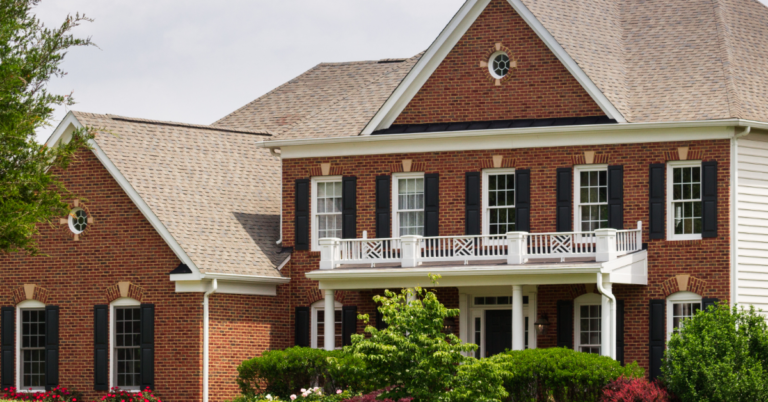How Do Smart Home Devices Make Our Lives Easier? Exploring the Benefits and Functions

In today’s fast-paced world, anything that can simplify our daily routines and make our lives more convenient is a welcome addition. Smart home devices, powered by cutting-edge technology, have emerged as game-changers in this arena. These innovative gadgets not only automate various aspects of our homes but also offer a plethora of benefits that make our lives easier and more efficient. Let’s explore some of the key advantages and functions of smart home devices.
1. Convenience at Your Fingertips
One of the most significant benefits of smart home devices is the convenience they offer. With a simple voice command or a tap on your smartphone, you can control various aspects of your home, such as lighting, temperature, security systems, and entertainment systems. Imagine being able to adjust the thermostat, turn off the lights, or lock the doors without having to physically move from your cosy couch. This level of convenience not only saves time but also adds a touch of luxury to your daily routine.
2. Energy Efficiency and Cost Savings
Smart home devices are designed to be energy-efficient, helping you reduce your carbon footprint and save money on utility bills. For example, smart thermostats can learn your temperature preferences and adjust the heating or cooling system accordingly, ensuring optimal energy usage. Similarly, smart lighting systems can automatically turn off lights in unoccupied rooms, preventing unnecessary energy waste.
3. Enhanced Home Security
Home security is a top priority for many homeowners, and smart home devices have revolutionized this aspect. Smart security systems can be integrated with cameras, motion sensors, and door locks, allowing you to monitor your home remotely and receive alerts in case of any suspicious activity. Additionally, smart locks eliminate the need for physical keys, providing an extra layer of security and convenience.
4. Personalized Automation
Smart home devices offer personalized automation, tailoring the experience to your specific needs and preferences. For instance, you can program your smart home system to automatically adjust the lighting, temperature, and music based on the time of day or your specific activities. This level of customization not only adds convenience but also creates an environment that caters to your unique lifestyle.
5. Accessibility and Assistive Living
Smart home devices can be particularly beneficial for individuals with disabilities or mobility challenges. Voice-controlled assistants, for example, allow hands-free control of various home functions, making daily tasks more manageable. Smart home systems can also be integrated with assistive technologies, enabling individuals to live more independently and maintain their privacy.
6. Integration and Interoperability
One of the most significant advantages of smart home devices is their ability to integrate and work seamlessly with other devices and systems. Many smart home platforms allow for the integration of various devices from different manufacturers, creating a cohesive and interconnected home ecosystem. This interoperability not only simplifies the management of multiple devices but also opens up new possibilities for automation and customization.
7. Remote Access and Monitoring
With smart home devices, you can stay connected to your home even when you’re away. Through mobile apps or web interfaces, you can monitor and control various aspects of your home remotely. This feature is particularly useful for keeping an eye on your property when you’re on vacation or for ensuring that appliances are turned off when you’re not at home, preventing potential hazards and saving energy.
As technology continues to evolve, the capabilities and functions of smart home devices are expected to expand even further. From voice-controlled virtual assistants to automated home maintenance systems, the future of smart homes promises even more convenience, efficiency, and personalization. By embracing these innovative technologies, we can streamline our daily routines and create living spaces that adapt to our ever-changing needs, making our lives easier and more enjoyable in the process.





